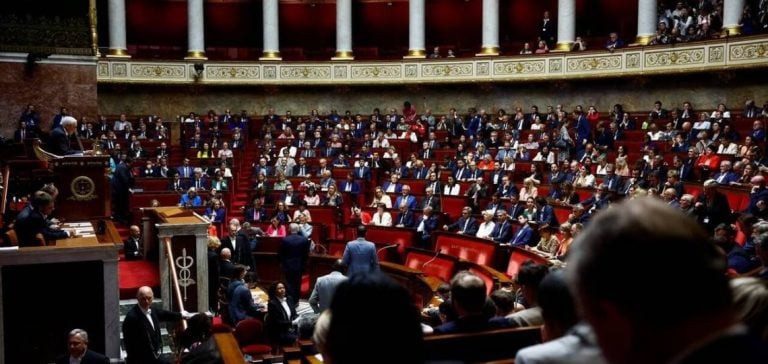Members of the Finance Committee canceled on Thursday an article from the 2025 finance bill project, aiming to increase the electricity tax beyond the levels set before the energy crisis. This decision follows the adoption by a single vote of two suppression amendments, one presented by the National Rally (RN) and the other by the Republican Right (LR), before being taken up by Éric Coquerel, president of the Finance Committee of La France Insoumise (LFI).
The initial project, which aimed to generate an additional 3 billion euros, will nevertheless be re-examined in a plenary session in the chamber. Thus, the deputies will return to the initial version proposed by the government for a more thorough evaluation.
Amendments and Debates in Committee
The adopted amendments played a crucial role in the suppression of the tax. The first amendment, presented by the RN, directly aimed to eliminate the planned increase. The second amendment, initially presented by the LR, was withdrawn and then taken up by Éric Coquerel of LFI, thereby strengthening the opposition to the measure.
Véronique Louwagie, deputy from LFI, announced the withdrawal of her amendment, stating that she was awaiting further details by the session. She now plans to focus on other amendments aimed at capping the tax increase, reflecting internal tensions within political forces regarding the management of energy taxation.
Impacts on Households and Energy Poverty
Aurélien Le Coq, also a deputy from LFI, criticized the tax increase, describing it as unbearable and unsustainable, especially in a context where twelve million French citizens live in energy poverty. Jean-Philippe Tanguy from the RN shared these concerns, labeling the tax as unfair because it hits working-class and middle-class people harder than the most affluent.
These statements highlight the social issues related to energy taxation, where tax increases can exacerbate inequalities and the vulnerability of households facing rising energy costs.
Other Adopted Amendments
In addition to the suppression of the electricity tax, deputies also approved the removal of an article related to the preferential access tariff to nuclear electricity, known as Arenh, which is expected to disappear by the end of 2025. This removal could have implications for the financing and competitiveness of the nuclear sector in France.
David Amiel, a Macronist deputy, had an amendment adopted aimed at harmonizing VAT on photovoltaic installations, with the stated goal of promoting the growth of the renewable energy sector. Socialist deputy Philippe Brun, for his part, introduced a 0.3% tax on speculative operations of buying and selling electricity, a measure aimed at regulating fluctuations in the electricity market.
The Contribution on Inframarginal Rents
Finally, deputies adopted a strengthened version of the Crim, a contribution on the inframarginal rents of electricity producers who made exceptional profits due to the soaring energy prices resulting from the war in Ukraine. Initially expected to generate 12.3 billion euros, this measure has seen its yield largely disappointing. Charles de Courson, the general rapporteur, emphasized that the drop in energy prices has reduced the potential base of this tax, estimating that the measure introduced by LFI will generate nothing.





















